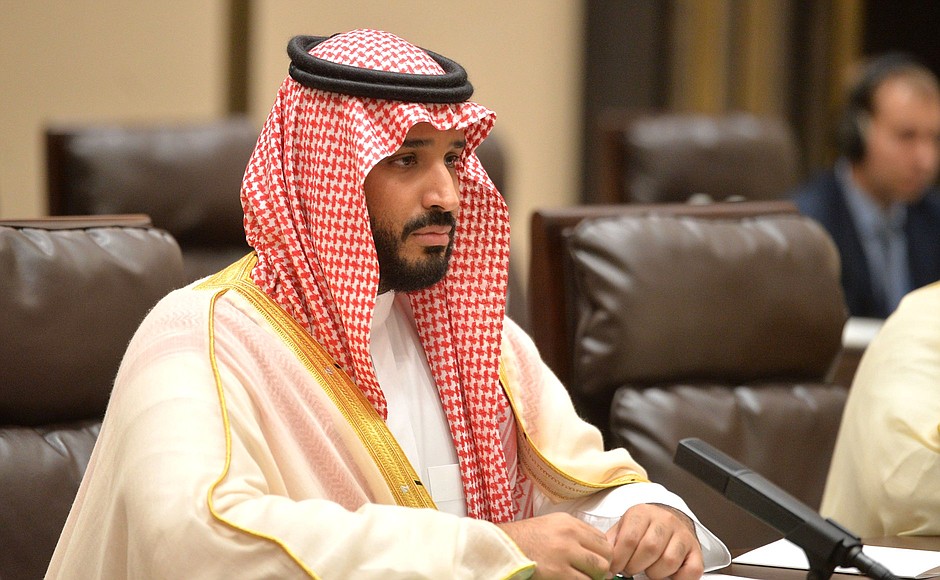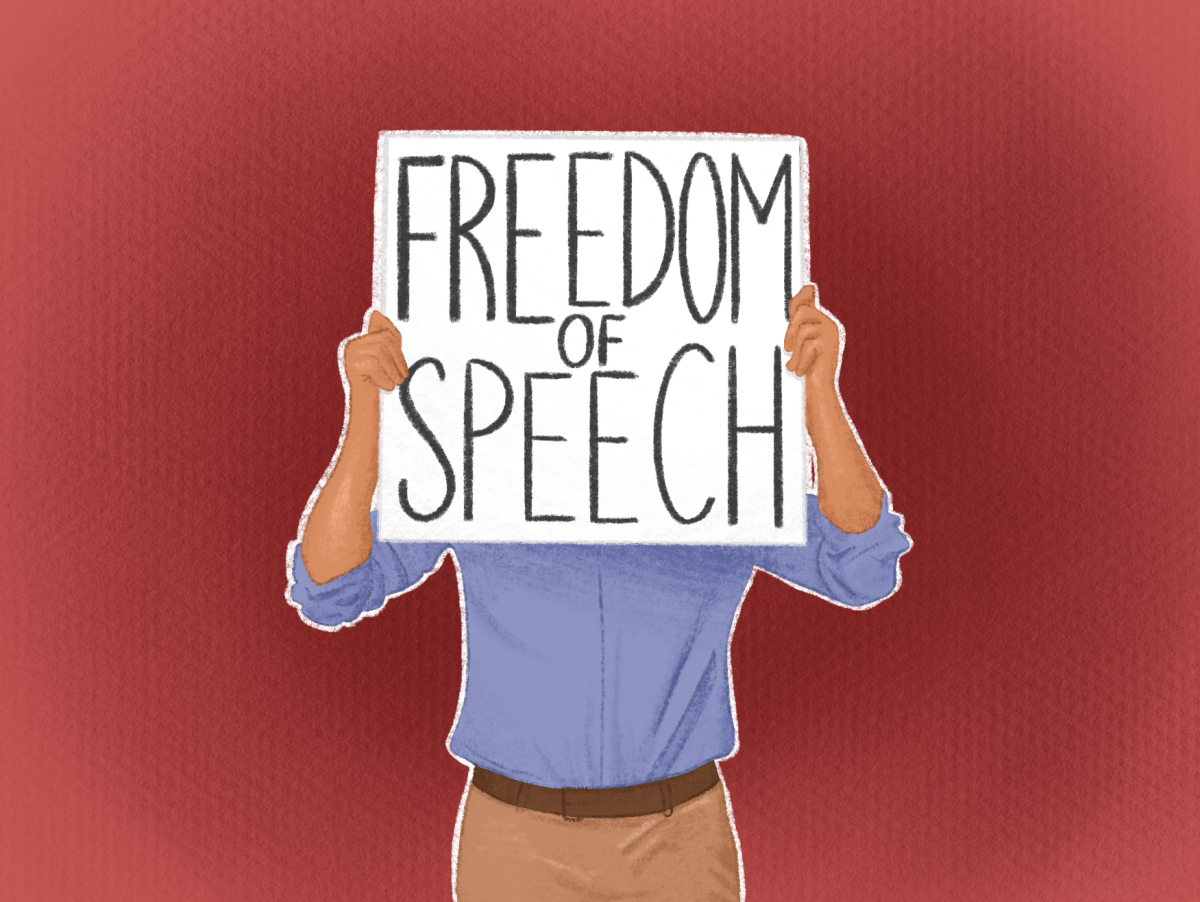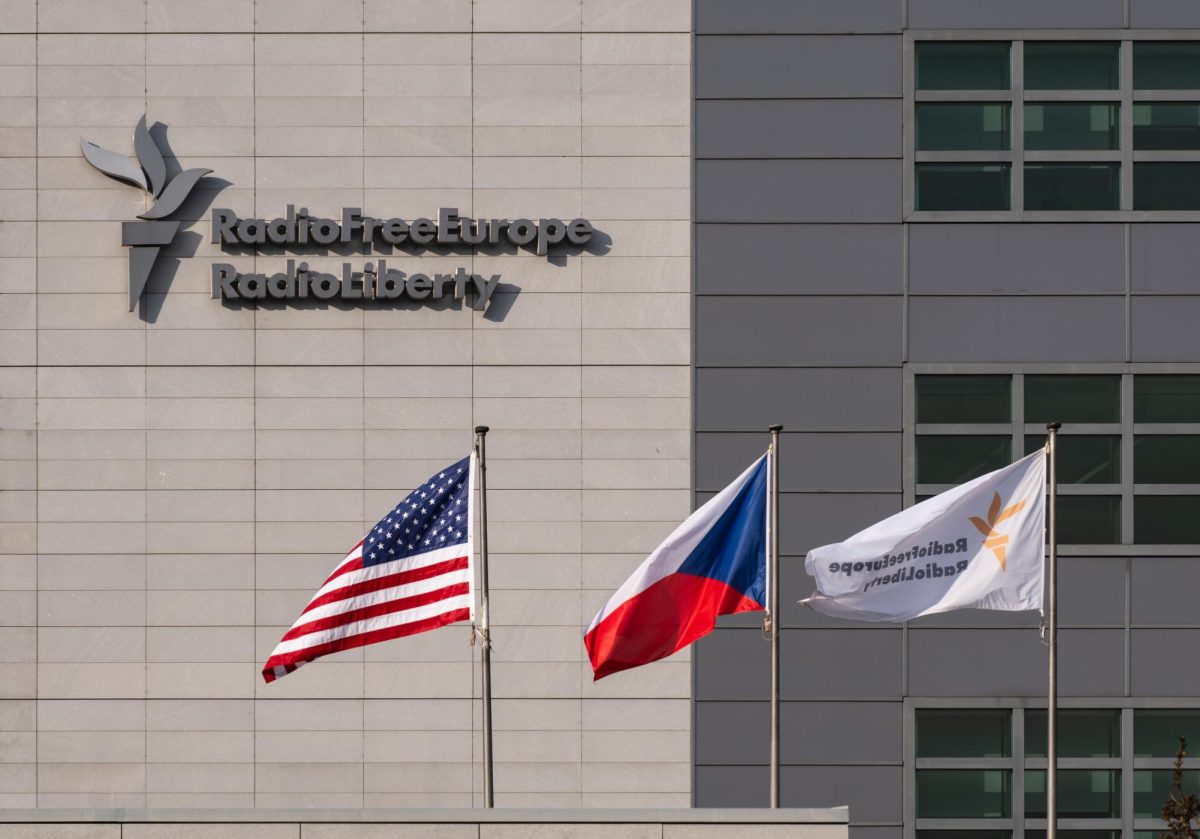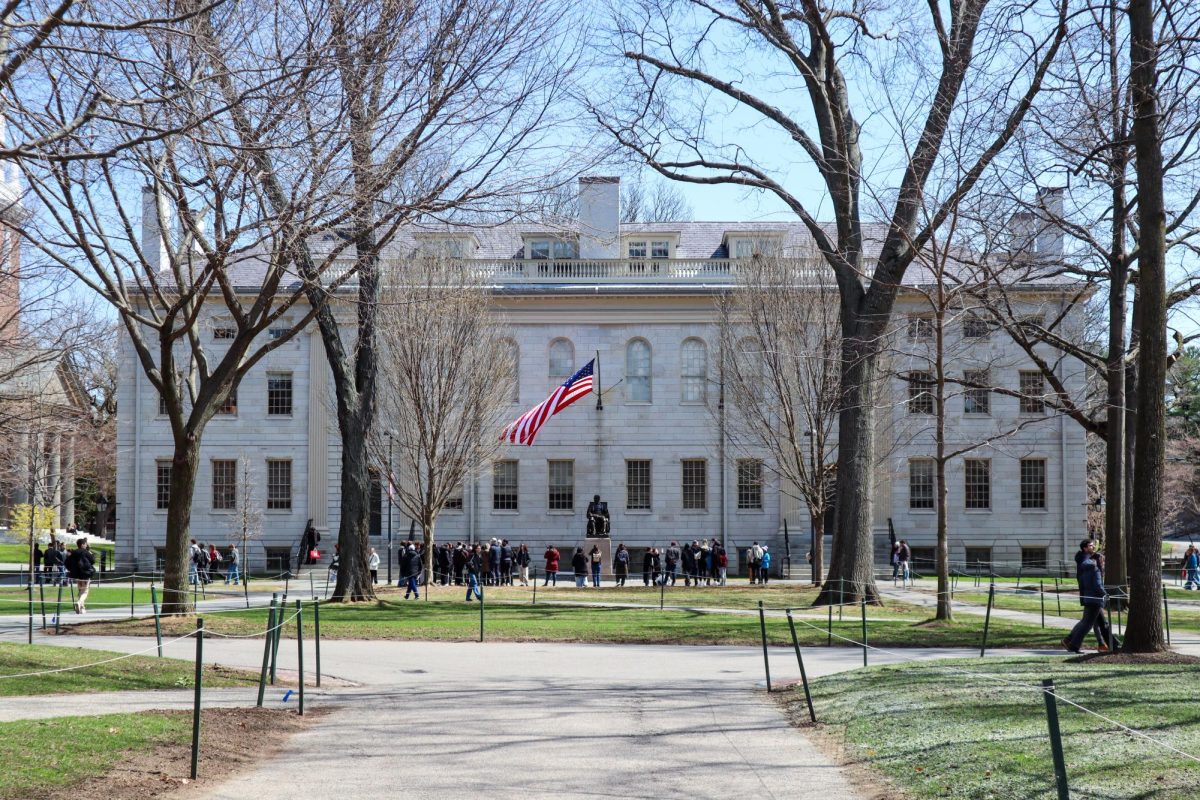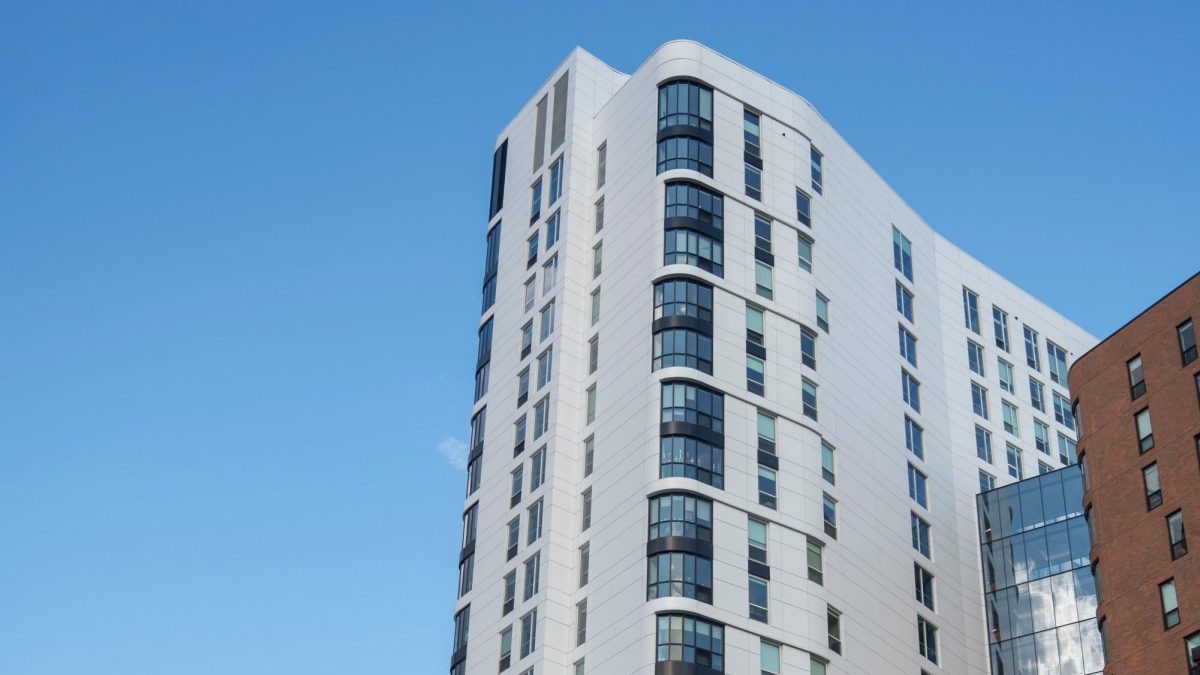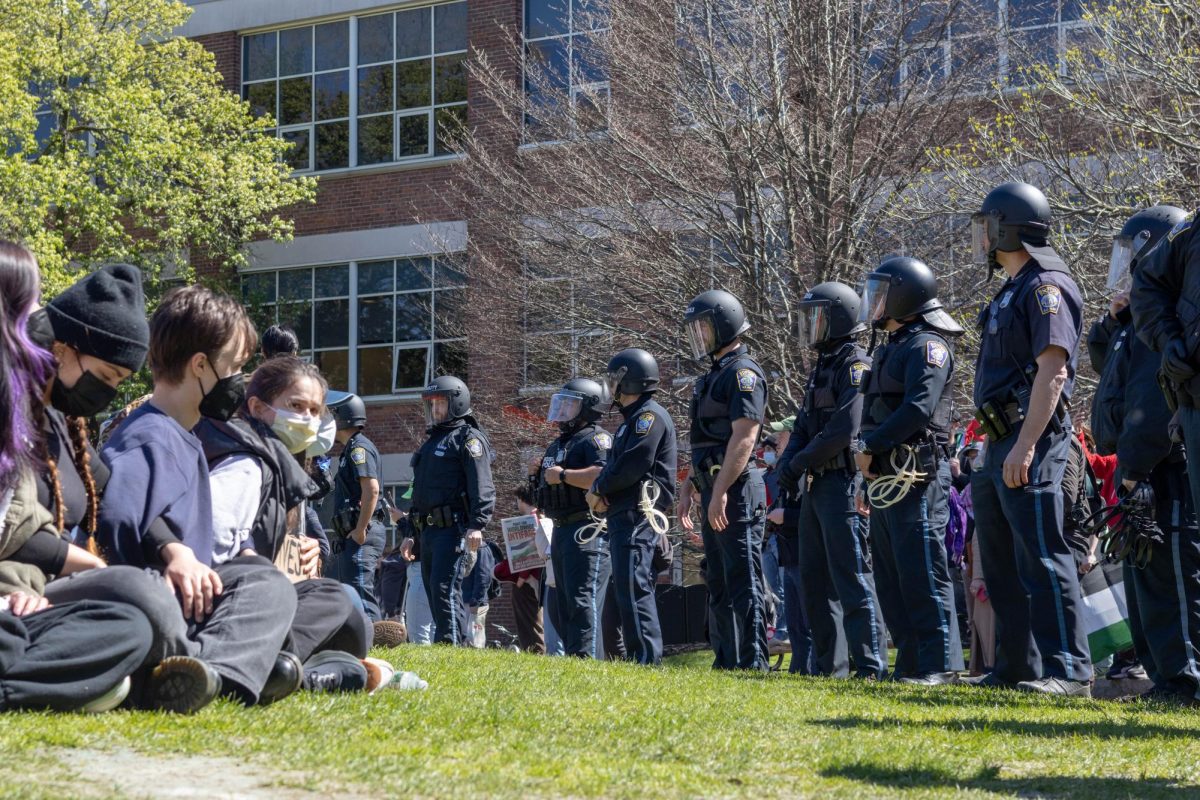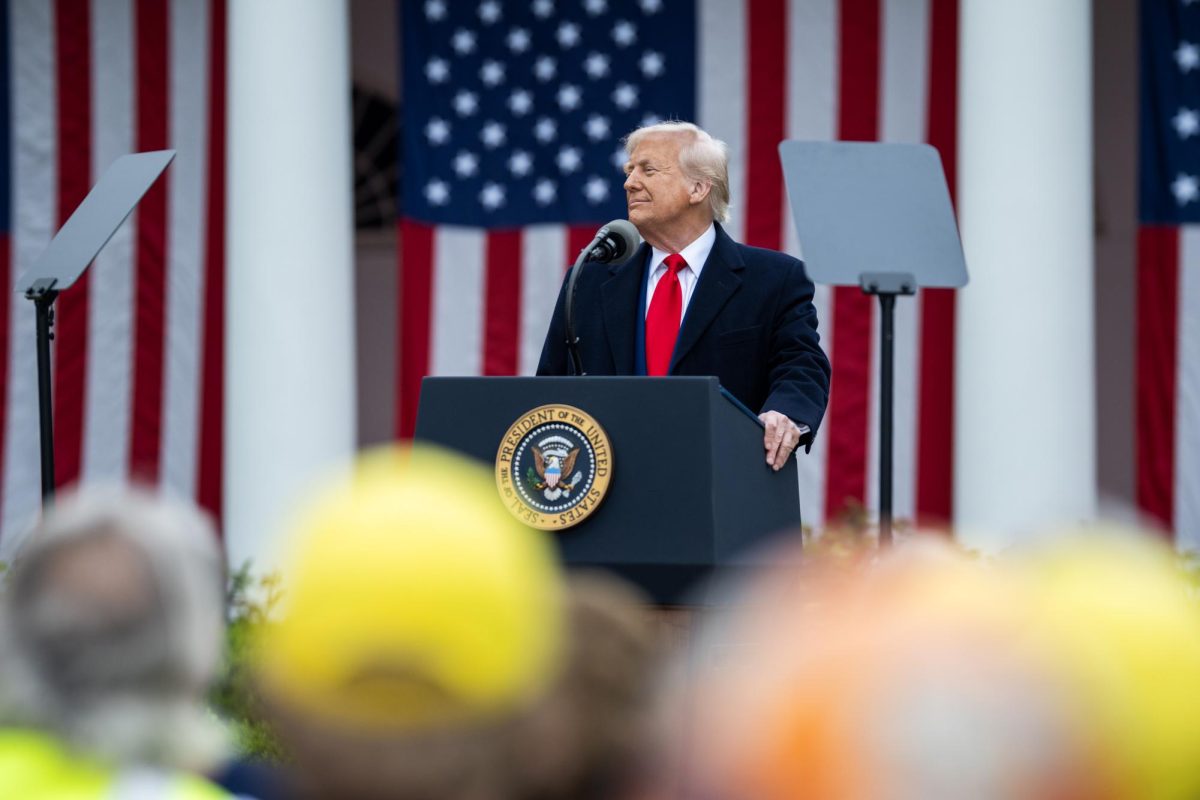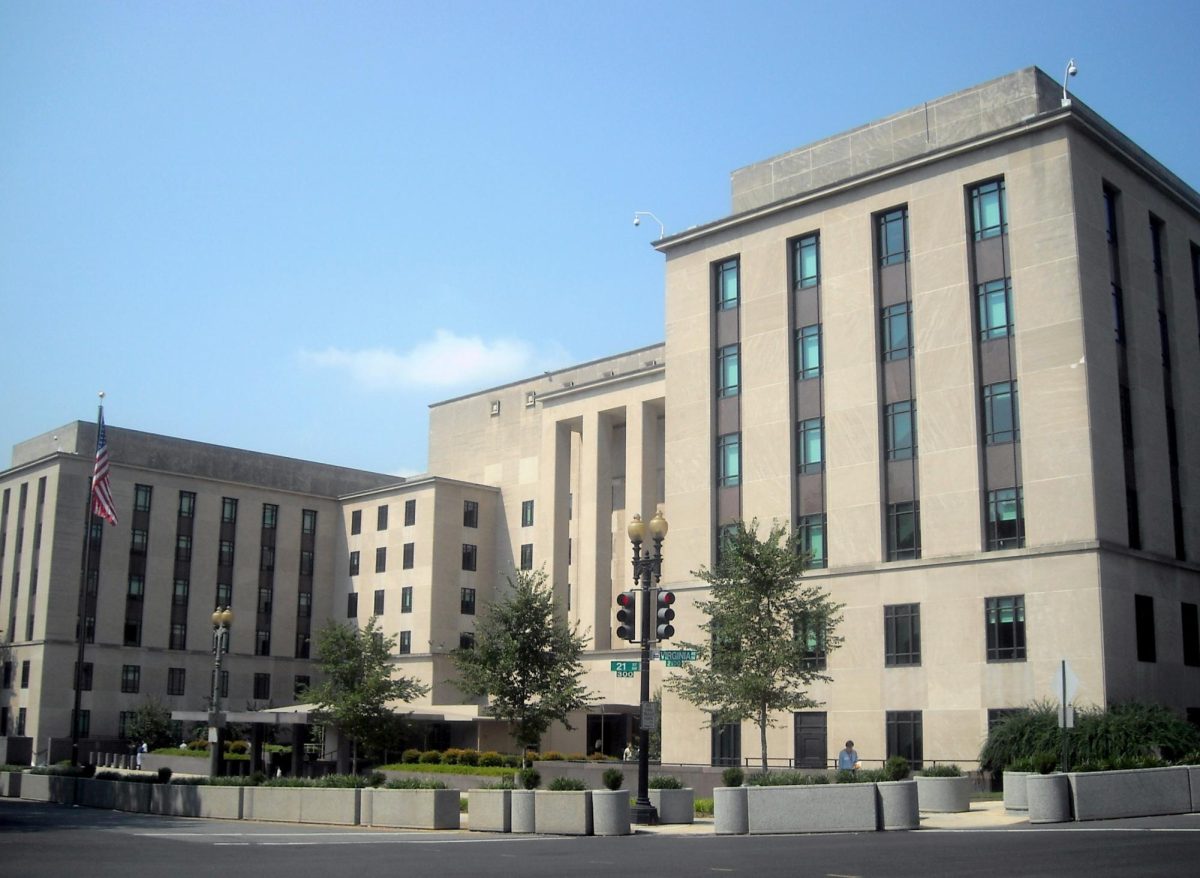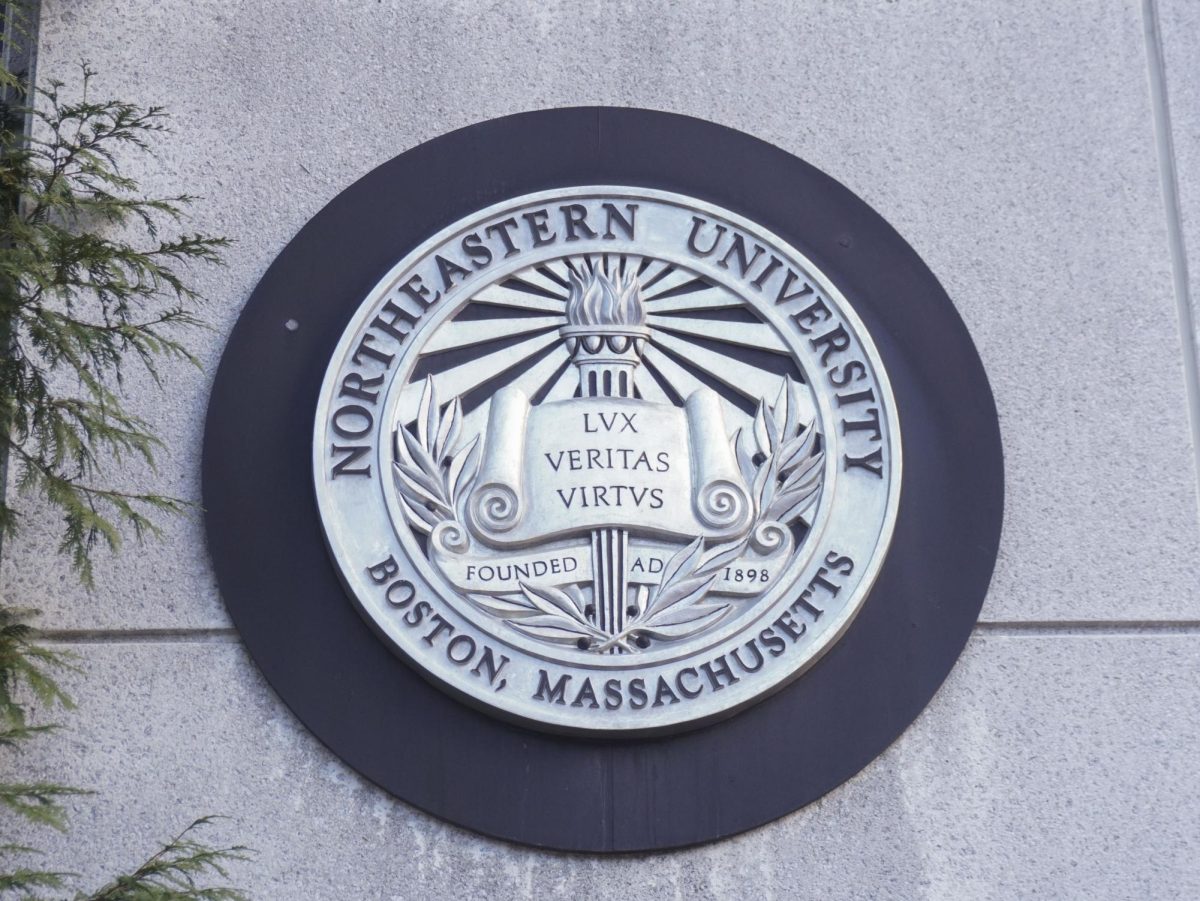By Ali Safarkhani
Saudi Crown Prince Mohammed bin Salman is not a revolutionary. The idea that the de facto king will be responsible for radical reform is farcical, but that has not stopped American news outlets from suggesting it. When bin Salman arrested hundreds of Saudi officials on nebulous charges of corruption, our media rushed to reprint bin Salman’s claim that this obvious power grab was actually Saudi Arabia’s first step towards liberalization.
The New York Times ran an op-ed on its front page titled “Saudi Arabia’s Arab Spring, at Last,” in which Thomas Friedman likened bin Salman’s ascension to the revolutionary waves of the Arab Spring. Aside from being offensive to the millions who risked their lives during those popular uprisings, this comparison is flat-out wrong. He has shown no interest in real reform for Saudi Arabia.
He shocked the world in November when his hours-old “Supreme Anti-Corruption Committee” detained hundreds of Saudi officials. He claimed these detainees were responsible for corrupt dealings which affected “10 percent of all [Saudi] government spending.” There is no doubt that considerable corruption exists in Saudi Arabia, and there is little doubt that bin Salman’s detainees took some part in it. It is obvious that many Saudi officials take part in double-dealing. It is not obvious, however, that this double-dealing is any more pervasive among the detainees than among the detainers.
The detainers, led by bin Salman, have cited privacy restrictions as their reason for withholding any specific evidence of alleged corruption. This is meant to mask that the corruption charges have no real backing in Saudi law. The “corruption” that billionaire Saudi Prince Al-Waleed bin Talal took part in which purportedly led to his arrest is no different than the corruption that any prominent Saudi prince, including bin Salman, takes part in on a daily basis. In Saudi Arabia, the Saudi family and the Saudi government are one and the same. Royals are first in line when it comes to lucrative government contracts, so it is no surprise that a disproportionate chunk of Saudi Arabia’s national oil wealth ends up in their hands. Anyone accustomed to liberal democracy will view this entire system as corrupt, but no one can deny that it is the reality of Saudi Arabia.
The crown prince is content with this system. His claim that corruption in Saudi Arabia only afflicts “10 percent” of government spending is evidence that he views corruption as a marginal problem rather than a systemic one. And while bin Salman’s support for curbing Wahhabism and giving women the right to drive is positive, in other ways he has been a regressive force. He spearheaded Saudi Arabia’s catastrophic intervention in Yemen and has shown a general willingness to escalate Saudi Arabia’s cold war with Iran. His abduction of Lebanon’s prime minister and his sanctioning of Qatar are just two examples of his dangerous proclivity for escalation. Saudi Crown Prince Mohammed bin Salman’s place in history remains to be seen, but anyone expecting Saudi Arabia to reform by decree is likely to be disappointed.
Ali Safarkhani is a fourth-year economics major with a minor in international affairs.


